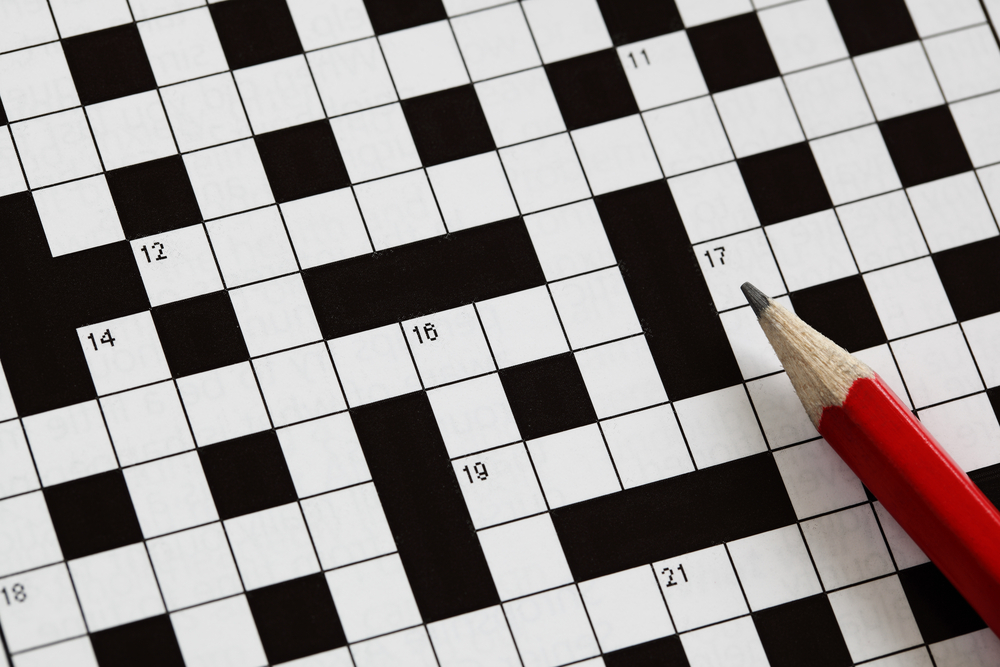When people ask me whether I enjoy my job, my usual response is something along the lines of, “Some people do crossword puzzles, I write SATs” — the implication being that I view the test as a sort of amusing intellectual game. The other implication, of course, is that I don’t actually do crossword puzzles.
Or, well, didn’t.
A couple of weeks ago, while I was walking downtown with a friend, I got hungry and made him sit with me in Koreatown while I indulged a late-night craving for kimbap. In return, he proceeded to pull out the NYT crossword puzzle and insist that I help him with it. I groaned and told him for the thousandth time that I’m just not good at crossword puzzles (I write SATs, isn’t that enough?!), but he wouldn’t take no for an answer, and after I managed to figure out a couple of clues (“River’s movement?” Ebb and flow), I sort of had to admit that was having fun.
The following week, he offered to buy me dinner in exchange for helping him with the Sunday puzzle, and since I obviously wasn’t going to turn down the prospect of a free meal, I found myself once again hunched over the Times magazine. As we worked through the clues, I couldn’t help but be struck by the similarities between the crossword puzzle and the SAT.
On one hand, that wasn’t exactly a revelation. Crossword puzzles are about reasoning with language, sometimes understanding a given phrase in its usual meaning, sometimes understanding it in a completely different — and completely unforeseen — way. (My personal favorite? “An expert in locks.” Answer: wigmaker). What’s more, you never know which angle you’ll have to approach a clue from: you could tie yourself in knots trying to think way outside the box, only to have the answer be staring you right in the face all along.
The premise of all that wordplay is that language is flexible — it can twisted inside-out and batted around and used to suggest meanings that are entirely unexpected yet perfectly and incontrovertibly logical. And in order to do well, you have to become equally flexible in response.
Sound familiar?
I was reminded of the infamous Aunt Sylvie question, which I promptly pulled up and showed to my friend; he answered it in about five seconds with flawless reasoning, pointing out that he’d only been able to do so because he’d spent the previous two hours looking for double meanings!
Now, sitting down for half an hour and taking a stab at a puzzle isn’t exactly going to be a magic pill that boosts your Critical Reading score 100 points instantaneously. Those things are hard; it took my friend and I a couple of hours of reasonably steady work to do the Sunday puzzle, and we’re both adults with college degrees, not to mention professional SAT tutors. And neither of us could have finished the puzzle alone. If you do decide to try one, I highly suggest that you do it with a parent or another adult. And although you might figure out a few clues upfront without too much trouble, be prepared to get frustrated.
If you stick with it long enough, though, you might see your mindset start to shift. You’ll start to look for alternate possibilities faster and realize that you might end up having to think in the opposite direction from what you originally thought. There’s also a chance you’ll start to see the SAT like more of a game and less of an unfortunate fact of high school life.
Hey, it’s summer. You’ve got time.
